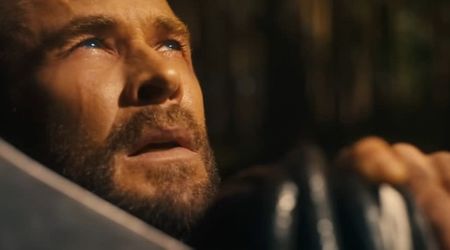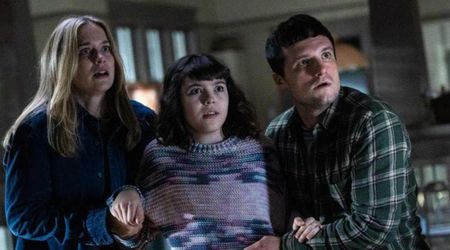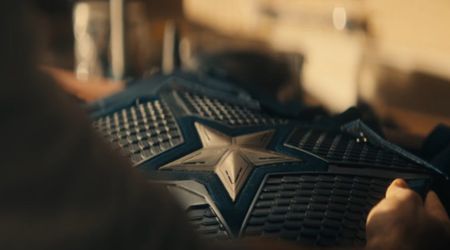'The Trial of the Chicago 7': What happened to the 8th defendant? Here's why Bobby Seale was given mistrial

The Aaron Sorkin-written and directed political drama 'The Trial of the Chicago 7' is now finally on Netflix. The film had been in development by Sorkin for more than a decade and after its theatrical release was hampered by the ongoing Covid-19 pandemic, which is why it has found itself on the streaming platform. The movie focuses on the infamous Chicago conspiracy trial that took place in 1969 in the aftermath of the Chicago protests of the previous year, amid the Democratic National Convention.
Eight people were originally charged by the US federal government with conspiracy, inciting to riot, and other charges — Abbie Hoffman, Jerry Rubin, Bobby Seale, David Dellinger, Tom Hayden, Rennie Davis, John Froines and Lee Weiner. It was because of this that the group of defendants was initially called the Chicago Eight.
So, what happened to the eighth defendant and why did it come down to the Chicago Seven? As we see in the movie, Bobby Seale (played by Yahya Abdul-Mateen II) was charged alongside the other seven though he had a negligible role in the Chicago protests. Seale was only in Chicago for only two days during the convention and it is likely as is stated in the movie that he was charged to bring in the Black Panthers to the group. The Black Panther Party was notable for their violent views, though they also ran medical clinics and served free breakfasts to schoolchildren, among other programs.
Seale was the only Black defendant in the group and again, as is portrayed in the film, he was subjected to a lot of mistreatment by Judge Julius Hoffman (Frank Langella). As portrayed in the Sorkin film, Seale's chosen lawyer Charles Garry had undergone gallbladder surgery, however, Judge Hoffman denied Garry's request to postpone the trial and assigned Seale a new lawyer. Seale rejected the court-appointed lawyer and asserted his right to defend himself. When Hoffman told him that he could not do so, Seale called him a racist, a bigot, and a fascist, as he continued to attempt to represent himself in court.

On October 29, about a month into the trial, Judge Hoffman gave the order to gag Seale and chain him to his chair after he repeatedly shouted accusations and insults at the judge and prosecution and disrupted the court proceedings. There were no cameras allowed in the courtroom, but newspapers printed the shocking sketches of Seale bound and gagged in court. The following day, the noisy chains were replaced by a strap. Seale's mouth was taped with a gag on top. His jaw was tied shut by a strip of cloth wrapped from the bottom of his chin to the top of his head. For several days, this is how Seale appeared in court, struggling to get free and managing to make muffled sounds. This prompted Defense Attorney William Kunstler (played by Mark Rylance in the film) to tell Judge Hoffman, "This is no longer a court of order, Your Honor, this is a medieval torture chamber."
On November 3, Judge Hoffman allowed Seale into the courtroom without his restraints and warned him against more interruptions. However, Seale continued to disrupt a trial and Judge Hoffman declared a mistrial in Bobby Seale's case after a request from the US Attorney's office. Hoffman did find Seale guilty of 16 acts of contempt of court and sentenced him to four years in prison.
Judge Hoffman intended to try Seale separately for conspiracy in a new trial next year. However, after a jury failed to convict the Chicago Seven of conspiracy, the US attorney in Chicago told Judge Hoffman that “it would be inappropriate to try Seale alone on a conspiracy charge,” and the judge dropped Seale’s charges. In 1972, the Court of Appeals ruled that Judge Hoffman abused his power by rejecting Bobby Seale's claim that he lacked legal representation. Hoffman was also criticized for his "often antagonistic" attitude towards the defendants.
'The Trial of the Chicago 7' is now streaming on Netflix.










